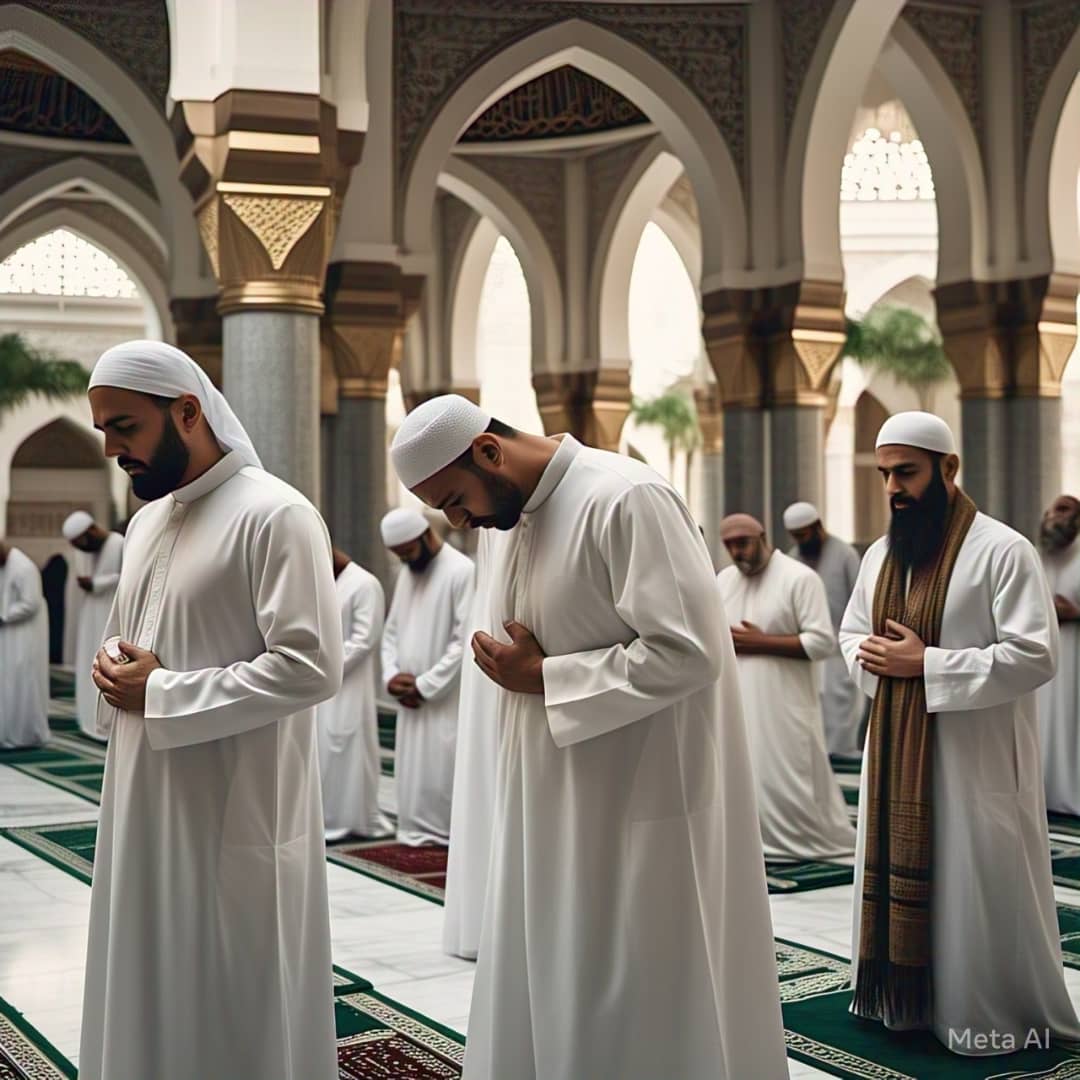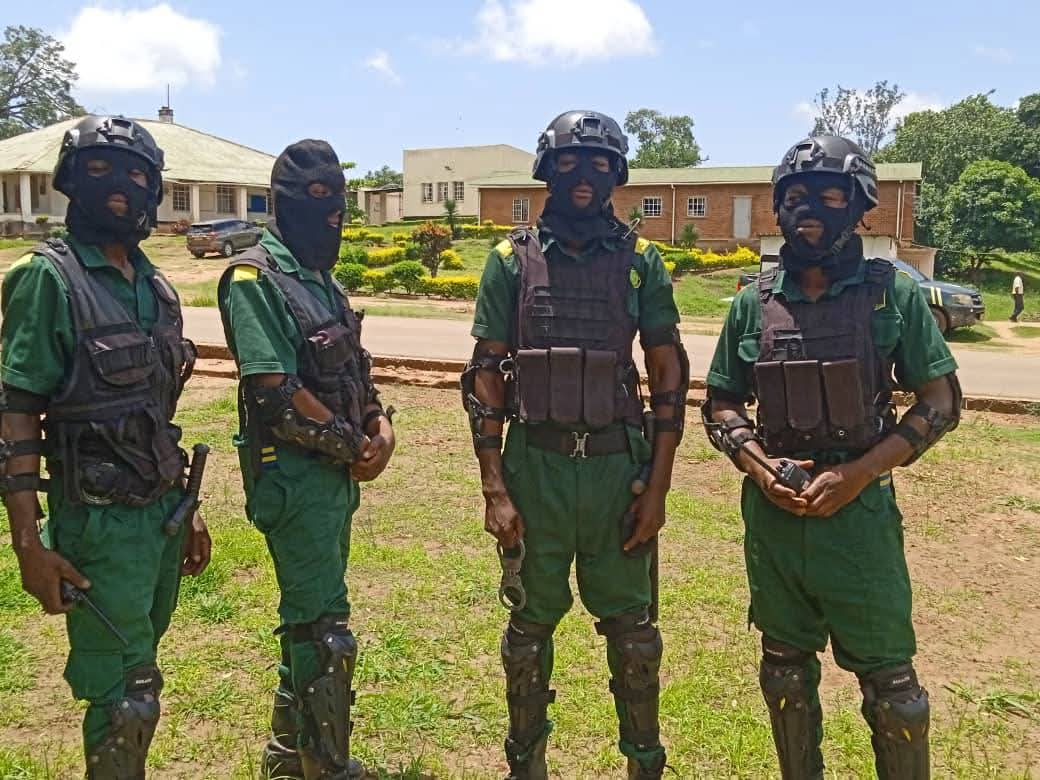By Jones Gadama
As Muslims around the world prepare to mark the end of Ramadan, a holy month of fasting, reflection, and spiritual renewal, it is essential to recognize the profound impact of this sacred period on individuals and communities.
During Ramadan, Muslims dedicate themselves to intense prayer, charity work, and acts of kindness, demonstrating a remarkable spirit of compassion, empathy, and generosity.
However, as the fasting period comes to a close, it is crucial to sustain this spirit of kindness and charity beyond Ramadan.
The values of empathy, generosity, and selflessness that define this holy month should not be limited to a specific time frame, but rather should be integrated into our daily lives, shaping our interactions with others and informing our decisions.
One of the most striking aspects of Ramadan is the sense of community and solidarity that it fosters.
Muslims come together to break their fast, share meals, and engage in acts of charity, creating a powerful bond of unity and shared purpose.
This sense of community is essential to the well-being of individuals and societies, providing a support network, a sense of belonging, and a shared sense of responsibility.
Beyond Ramadan, it is essential to nurture and sustain this sense of community, recognizing that our individual well-being is inextricably linked to the well-being of those around us.
By prioritizing acts of kindness, volunteering, and community service, we can build stronger, more compassionate communities that support the vulnerable, promote social justice, and foster a sense of shared humanity.
Another critical aspect of Ramadan is the emphasis on charity and generosity.
Muslims are encouraged to give generously to those in need, recognizing that their blessings are not solely their own, but are also a trust from God.
This emphasis on charity has a profound impact on individuals and communities, promoting a sense of gratitude, humility, and social responsibility.
Beyond Ramadan, it is essential to maintain this commitment to charity and generosity, recognizing that our blessings are not solely our own, but are also a trust from God.
By prioritizing acts of charity, volunteering, and community service, we can build more compassionate and equitable societies that recognize the inherent dignity and worth of every human being.
Furthermore, Ramadan provides a unique opportunity for personal reflection, spiritual growth, and self-improvement.
Muslims are encouraged to introspect, recognizing their strengths and weaknesses, and striving to become better versions of themselves.
This emphasis on personal growth and self-improvement has a profound impact on individuals, promoting a sense of self-awareness, humility, and spiritual depth.
Beyond Ramadan, it is essential to maintain this commitment to personal growth and self-improvement, recognizing that our spiritual journeys are lifelong paths that require ongoing effort, dedication, and reflection.
By prioritizing acts of self-reflection, spiritual growth, and personal development, we can become more compassionate, empathetic, and wise individuals who are better equipped to navigate the complexities of life.
The spirit of Ramadan is a powerful reminder of the importance of compassion, charity, and community.
As Muslims around the world mark the end of this holy month, it is essential to recognize that the values and principles that define Ramadan are not limited to a specific time frame, but rather should be integrated into our daily lives, shaping our interactions with others and informing our decisions.
By sustaining the spirit of Ramadan beyond this holy month, we can build stronger, more compassionate communities that promote social justice, foster a sense of shared humanity, and recognize the inherent dignity and worth of every human being.
As we move forward, let us strive to maintain the sense of community, charity, and personal growth that defines Ramadan, recognizing that these values are essential to our individual and collective well-being.




